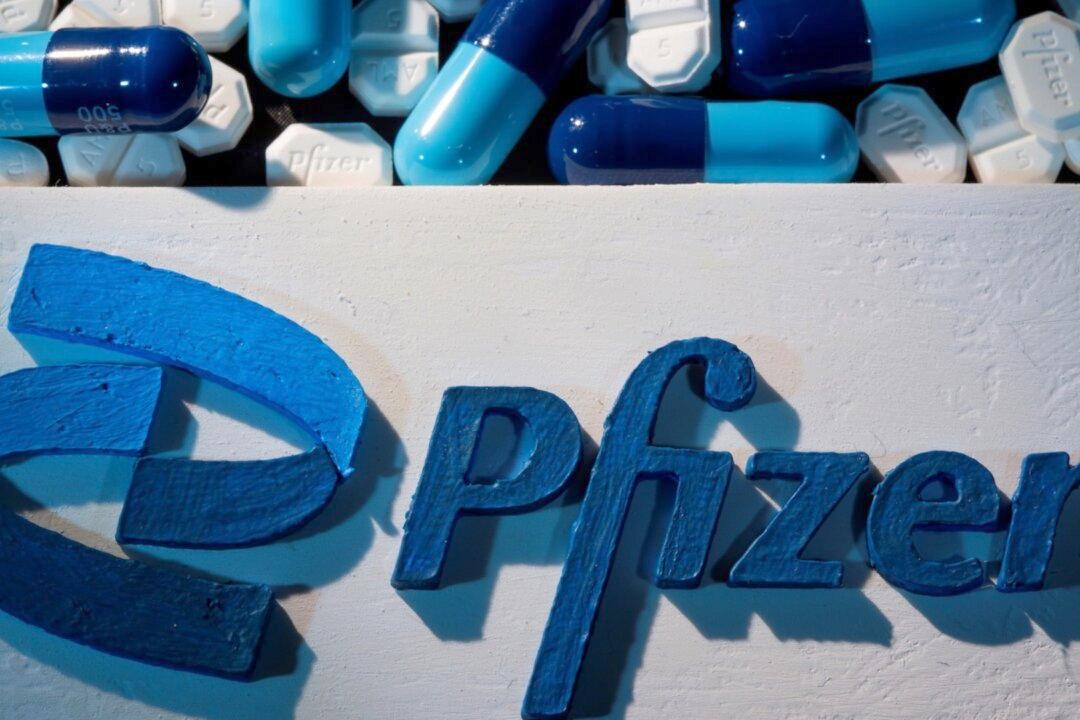Pfizer Inc’s experimental oral antiviral COVID-19 pill “significantly” reduces the risk of hospitalization and death for high-risk patients, the U.S.-based pharmaceutical company announced on Friday.
The drug, known as PAXLOVID, was found in a scheduled interim analysis to reduce the risk of hospitalization or death from the CCP (Chinese Communist Party) virus by 89 percent if the patient receives the drug in time, according to a company press release published on Nov. 5.





